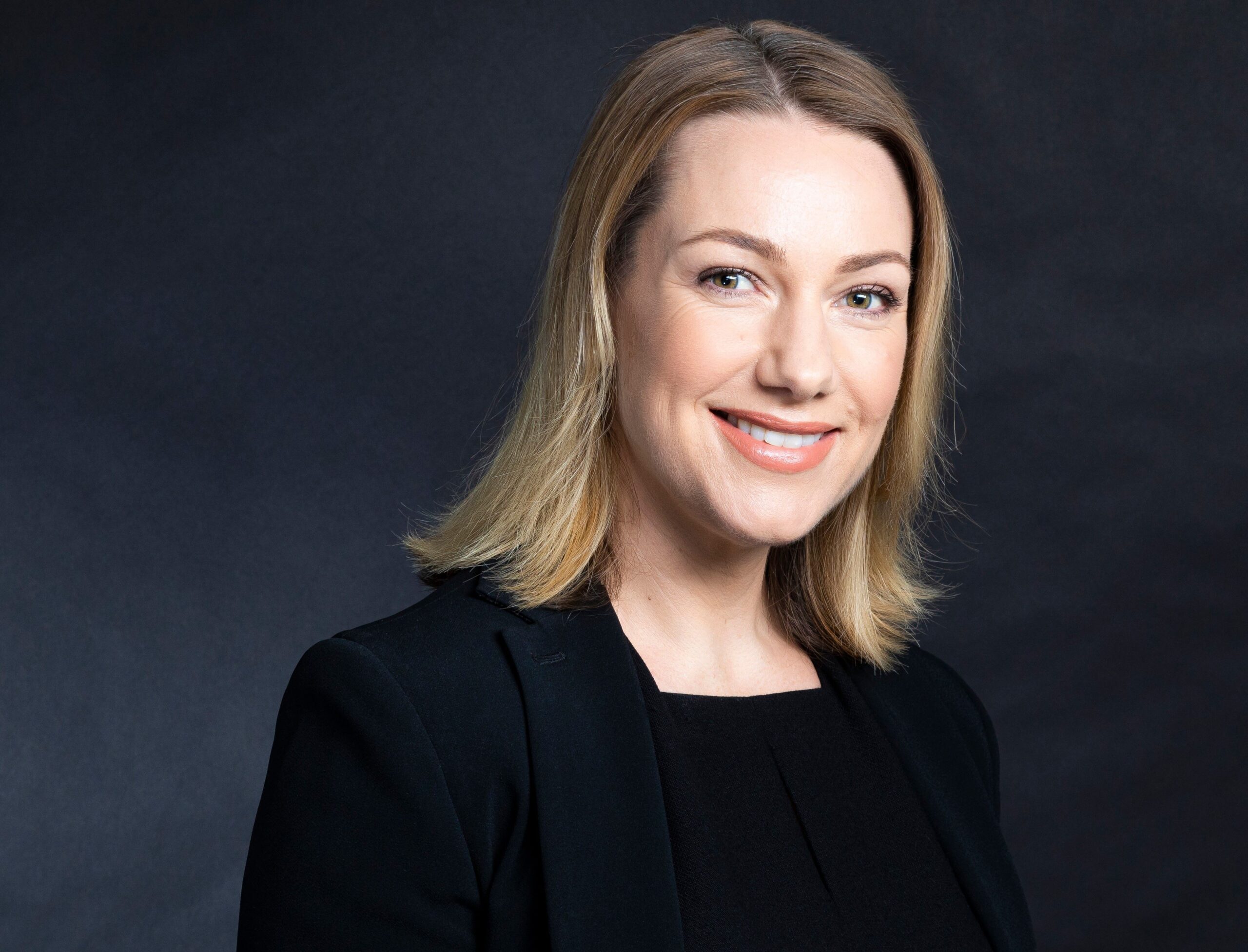Pivoting through a pandemic
Business entrepreneur Nick Bartlett and wife Tamara executed an 11th hour product pivot prior to the Covid-19 lockdown, which offers valuable lessons for other business owners. There can be nothing […]
Business entrepreneur Nick Bartlett and wife Tamara executed an 11th hour product pivot prior to the Covid-19 lockdown, which offers valuable lessons for other business owners.
There can be nothing more inconvenient than a global pandemic turning up and virtually wiping out your business overnight. That’s the situation thousands upon thousands of business owners worldwide found themselves in earlier this year when Covid-19 came calling – including Bay of Plenty entrepreneur Nick Bartlett.
In pre-Covid 19 days, Nick’s business was doing very nicely – selling a high-end travel pillow (zillopillow.com) designed by his business partner Andrew Bolton.
Nick and his wife Tamara were based in Slovenia, her country of birth, but visiting family in New Zealand when the pandemic broke out. Returning to Slovenia wasn’t an option because the builder working on their new house had gone belly-up and work had ground to a halt.
Stuck in New Zealand, the couple initially clung to the hope that their online travel pillow business would pay the bills. But the subsequent shutdown of international travel and New Zealand’s domestic lockdown quickly put paid to that idea. Demand for their product dropped dramatically.
With travel pillows out of favour, and with the whole nation confined to their homes, Nick and Tamara quickly, and accurately, predicted a new demand for grooming accessories and hair clippers from house-bound consumers.
After an agonising 48 hours of deliberation they went ahead and pivoted the business, launched a new website (initially utilising Nick’s skills), accessed wholesale stock already in the country through a long-standing contact, and were back in business as Get A Cut NZ just before Easter.
Would the orders come in?
For the next few days they held their breath. They needn’t have. By the end of the first week they were clocking up to 200 orders a day. They’d struck a major artery.
Get A Cut quickly attracted major nationwide publicity on TV One’s Seven Sharp for its pivoting prowess. When NZBusiness caught up with Nick in the middle of May, orders, while having peaked, were still steady – particularly hair straighteners, dryers and beard trimmers.
By late June things had settled down somewhat from the heady lockdown days, but sales were being encouraged with the addition of new brands to the product mix (Braun and Wahl) plus a sister site targeting women (www.uru.co.nz).
“We’ve also introduced same day shipping for orders received before 2pm,” says Nick, “all thanks to our brilliant 3PL (third party logistics) provider Premium Apparel.
“And we’ve expanded into oral care on our uru.co.nz site, offering both Philips and Oral-B brands.”
Meanwhile business partner and osteopath, Andrew, used Covid to get back to what he does best – designing a new high tech compression sock for runners and sports people and specifically to help control pronation and thus prevent injuries. The Sox7 sock goes to market in August and feedback from sports people and coaches has been fantastic, reports Nick.
“So we are quietly optimistic about the future success of Sox7. It solves a global problem in a unique way, so you might say that our real pivot is still to come. Just as well we already [pivoted] or we wouldn’t be around anymore.”
Building value
Nick says it’s important not to pivot to a business model that’s so short term it becomes risky and short-sighted. “When you’re building a business you’re building the value of the business, you’re not just trying to build an income. Business value should be your priority, rather than just concentrating on the cashflow the business can produce for you – that’s a secondary priority.
“Obviously the two are inter-linked, but you’ll make far more money selling a business for a good profit than you will just running a business.”
His advice is to really invest in your business and take the least [cash] out of it you can.
“By really investing in it, you’re creating an independent business with no key-person reliance. By having no key-person dependency, you have a much more valuable asset.”
Nick says simply taking an opportunistic approach, such as switching to manufacturing face masks or thermometers for example, means you don’t end up with value, just cashflow – and a business that’s somewhat risky and not sustainable in the long term.
By setting up Get A Cut NZ, Nick and Tamara were also tapping into peoples’ need to save money by cutting their own hair and grooming their own beards.
“The key is to pivot your business to something that people need right now,” says Nick.
Lessons on pivoting
Pivoting a business in ‘normal’ times is difficult enough – but during a pandemic it can be utterly chaotic, especially when airfreight logistics is under stress – as it was during lockdown.
“You had to keep everything extremely simple, because you couldn’t count on any part of your supply chain to work,” says Nick.
He says the biggest advantage they had in pivoting, was that they had no asset requiring re-positioning. “We just had to accept that we had nothing,” he recalls. “We had to just get over it and accept it.”
“The number one priority when pivoting is finding a market. Don’t think that for a second you can out-wit or out-smart the market.”
The number one priority when pivoting is finding a market, he adds. “Don’t think that for a second you can out-wit or out-smart the market. Be as realistic about the market as you can. If that means your business asset can’t be re-positioned because it requires too much faith and hope, then look to chop off that asset.
“I know it’s easy to say, but there’s nothing wrong with cutting your losses.”
Nick highlights the importance of validating your new target market – in other words, ‘taking the pulse’. One method of doing that is using Google trends to see what people are searching for and running some online test adverts and measuring the level of engagement.
“Once the click cost goes down and the interaction rate goes up, it means people are coming around to your product. “Then it’s time to invest in that product.”
Reshuffle creates opportunities
Nick is enthusiastic about the possibilities opened up by the pandemic crisis. Like a deck of cards, it has reshuffled solution priorities out in the markets.
“From an entrepreneurial point of view this reshuffle has created opportunity sets that we haven’t seen since the GFC.”
Moving to a third party warehouse literally proved to be a pivotal move too, he says. “That meant dispatch and fulfilment was automated. I believe that as much of your business as possible should be variable cost, and a big part of that is outsourcing. We didn’t get into this business to run a warehouse and dispatch service.”
New Zealand’s domestic market is dominated by big, horizontal “mark-up, mark-down” retailers, explains Nick. “People think the market here is too small for verticalization, but that’s just nonsense. You can set up an e-commerce shop within 48 hours that focuses on a particular product category and offers specialist advice on an entire range.
“That’s what we did, we focused on one category really well; we dominated Google searches on hair clippers and hair-cutting kits and were the market leader within just one week.”
Nick says Get A Cut NZ did well because the cost of pursuing one small vertical in New Zealand is now so low. “You can pursue, say, hammers instead of hardware, if you want to. If you pursue that one product better than anyone else – you will have a viable business.
“And then you can add on that second product, which overlaps with the first product and its customers – then a third product, and so on.
“Do one thing really well and then expand. It’s classic lean start-up stuff, and it does apply in New Zealand. Never start wide.”
Desperate times call for desperate measures. In the Bartletts’ example the pandemic called for decisive measures and some big decisions. And with the benefit of hindsight, it was the right thing to do.
Story by NZBusiness editor Glenn Baker. Pictured below: Life can be somewhat chaotic when pivoting a business from a temporary home.






